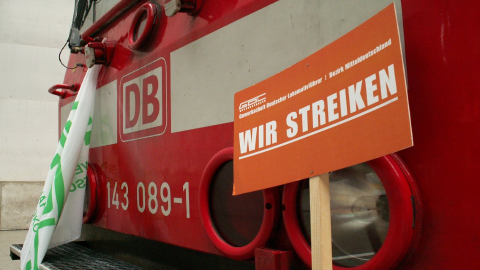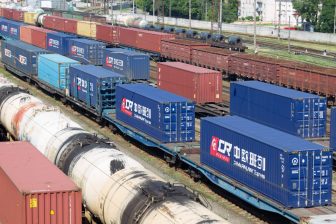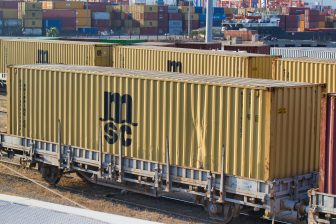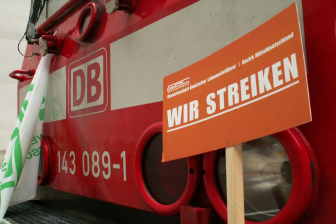
How sensible are rail strikes?
Image: GDL
ANALYSIS – What is the impact of strikes on rail freight? How long can the industry feel the consequences, and does it really make sense for train drivers to go on a strike?
Do you want to read the full article?
Thank you for visiting RailFreight.com. Become a member of RailFreight Premium and get full access to all our premium content.
Are you already a member?
Having problems logging in? Call +31(0)10 280 1000 or send an email to customerdesk@promedia.nl.





In the days of a Nationalised Railway, with an added detail of much poorer workplace risk management, the Work To Rule was a preferred option. Even today, smooth operation of a complex system, like a railway relies of the ‘interpretation’ of the rules, to make things work smoothly.
If working to rule, the railway would seize-up in way far less predictable that a clear-cut strike, & those protesting would remain eligible for their contracted pay. Might we see a return to this, & overtime bans?